“They say Sagres was as important to the Age of Discovery as Cape Canaveral has been to the Space Age?” Sonja Haas, KoS p.127
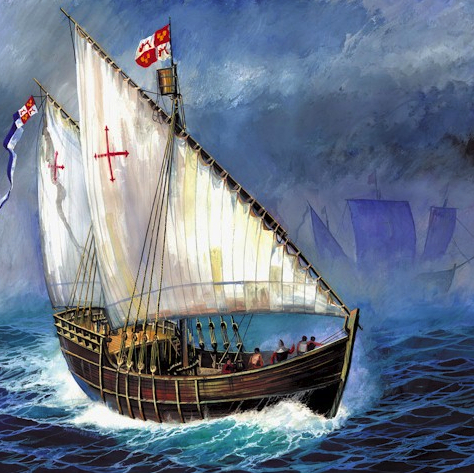 One of the most striking parallels in Knot of Stone is that between the oceanic explorations of the fifteenth century and the discoveries of our solar system in the twentieth. Both periods demanded something new from the explorers who undertook these voyages; and both were full of perilous journeys. Here’s an extract from the book itself:
One of the most striking parallels in Knot of Stone is that between the oceanic explorations of the fifteenth century and the discoveries of our solar system in the twentieth. Both periods demanded something new from the explorers who undertook these voyages; and both were full of perilous journeys. Here’s an extract from the book itself:
‘A psychiatrist from Dornach, Dr Georg Unger, prepared American pilots for unknown conditions in Space during the 1960s. At the time, no one knew if we could digest or metabolize in outer space, let alone remain rational in orbit. His task was to train astronauts to control their thoughts in an environment without light, sound or gravity. Under these conditions our involuntary response is to sleep or lose consciousness. To this end, Doctor Unger developed meditative exercises to prevent the loss of conscious control,’ explained Volodya, recalling his experience in Russia: 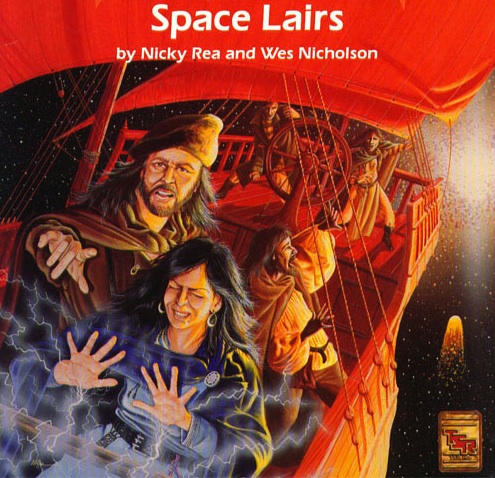 ‘Cosmonauts underwent the same training in our Soviet Space Programme.’
‘Cosmonauts underwent the same training in our Soviet Space Programme.’
→All Sonja knew had been garnered from Algarve’s travel websites:
→‘They say Sagres was as important to the early Age of Discovery as Cape Canaveral has been to the Space Age?’
→‘Voilà,’ he replied smoothly, ‘Henry the Navigator taught his captains to overcome irrational fear and to trust their perception of reality. They had to prepare themselves for months at sea in a vessel no larger than a harbour tug—something we find difficult to appreciate in a world of giant oil tankers and skyscrapers.’
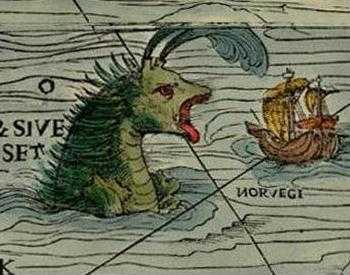
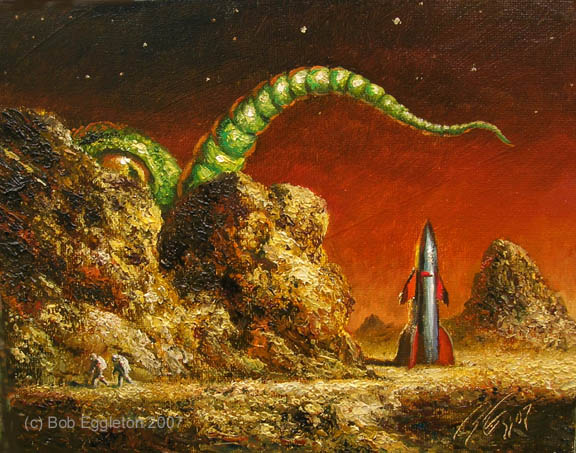
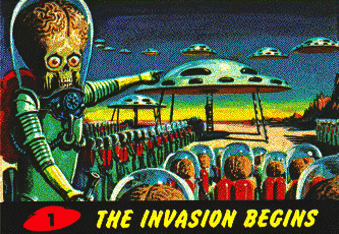
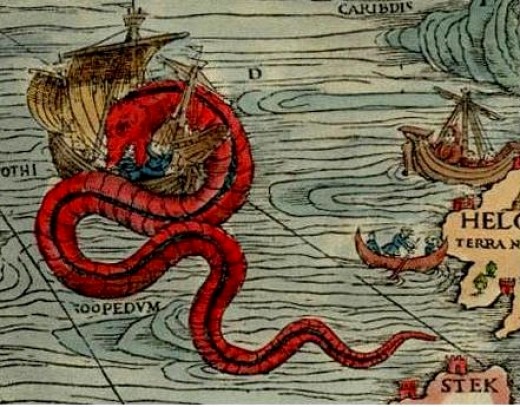
Like the legendary dragonslayers, navigators had to face terrible sea monsters and vanquish the unknown. Science-fiction readers believed, too, that modern spacetravellers had to overcome hostile aliens in space. Follow our discussion with Nicolaas Vergunst on facebook.
→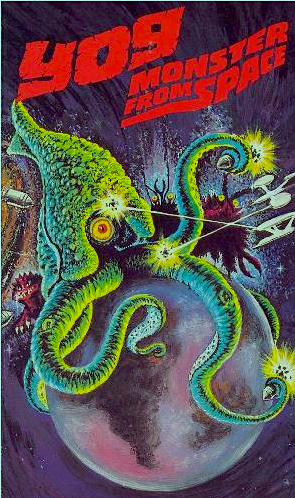 ‘Oké, but is there any evidence of Prince Henry’s preparations?’ asked Sonja.
‘Oké, but is there any evidence of Prince Henry’s preparations?’ asked Sonja.
→‘No, not that I’m aware of, although neurobiologists have since demonstrated how the human nervous system can be programmed, or rather re-programmed, by regular and repeated exercises. They’ve been able to show how the body can be taught to react differently to the same stimuli and, ultimately, how this can be made to induce an altered state of consciousness—’
→‘—as in chanting or a mantra?’ inserted Sonja, recalling what she’d heard about trance-dance among the Bushmen of the Kalahari.
→‘Yes, though biochemical reactions are something else. There the danger of substance abuse is real, something you don’t have with the repetitive physical acts of fasting or prayer.’ (KoS pp.127-128)





Sleep well sailor of the stars. Yours is the Sea of Tranquility.
“Until 21 July 1969, Neil Armstrong was an American and the Moonlandings were American. But after this day, Neil Armstrong belonged to humanity…”
Jean-Jacques Dordain, 26 August 2012.
A great quote, SAHO, thank you. Similarly, after Nelson Mandela’s release on 11 February 1990, he became more than a party leader, a president and an African statesman. His legacy of tolerance and reconciliation belongs to humanity too.
Stories about the monsters of the deep really did scare the early mariners. When Columbus and his crew were caught in the Sagasso Sea, in the windless doldrums, they thought the masses of seaweed were monsters…